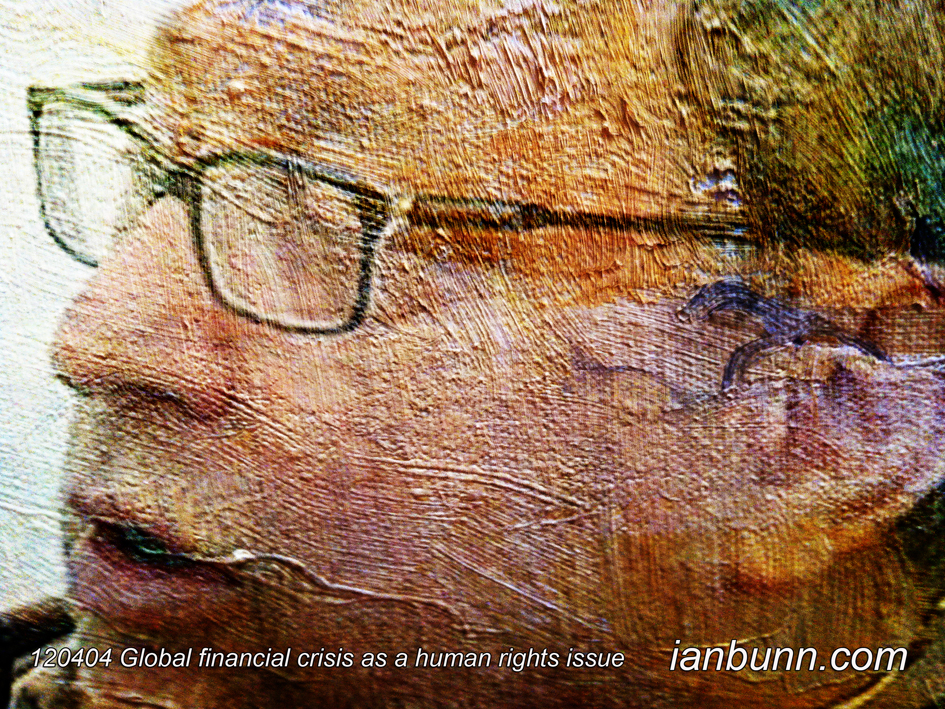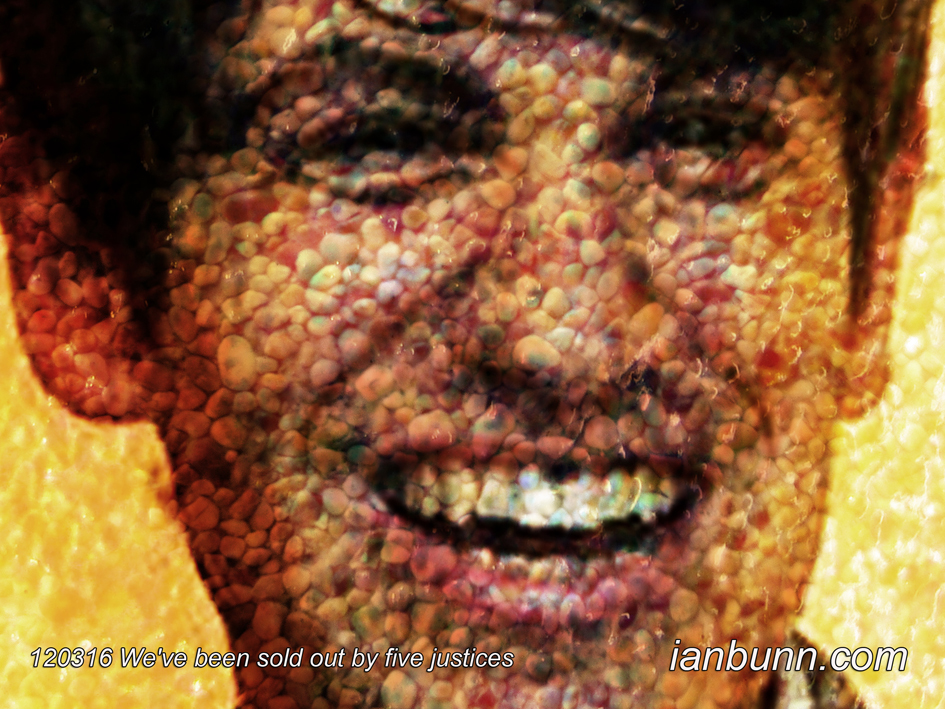 Done with neoliberalism, think again (February 11 2013)
Done with neoliberalism, think again (February 11 2013)
George Joshua Richard Monbiot the 50 year old British writer known for his environmental and political activism. Initially trained in Zoology, Monibiot joined the BBC Natural History Unit as a radio producer, making natural history and environmental programmes, before working as a current affairs producer and presenter. Working independently as an investigative journalist his activities led to his being made persona non grata in seven countries and being sentenced to life imprisonment in absentia in Indonesia. Monibiot has published an article in The Guardian titled ‘If you think we’re done with neoliberalism, think again’, claiming the global application of a fraudulent economic theory brought the west to its knees, yet for those in power, it offers riches. Monbiot states “How they must bleed for us. In 2012, the world’s 100 richest people became $241 billion richer. They are now worth $1.9 trillion: just a little less than the entire output of the United Kingdom. This is not the result of chance. The rise in the fortunes of the super-rich is the direct result of policies. Here are a few: the reduction of tax rates and tax enforcement; governments’ refusal to recoup a decent share of revenues from minerals and land; the privatisation of public assets and the creation of a toll-booth economy; wage liberalisation and the destruction of collective bargaining. The policies that made the global monarchs so rich are the policies squeezing everyone else. This is not what the theory predicted. …The remarkable growth in the rich nations during the 50s, 60s and 70s was made possible by the destruction of the wealth and power of the elite, as a result of the 1930s depression and the second world war. Their embarrassment gave the other 99% an unprecedented chance to demand redistribution, state spending and social security, all of which stimulated demand. Neoliberalism was an attempt to turn back these reforms. Lavishly funded by millionaires, its advocates were amazingly successful – politically. Economically they flopped.”
Inspired by George Monbiot, The Guardian ow.ly/hfJpW Image source Slim Virgin ow.ly/hfJmS


